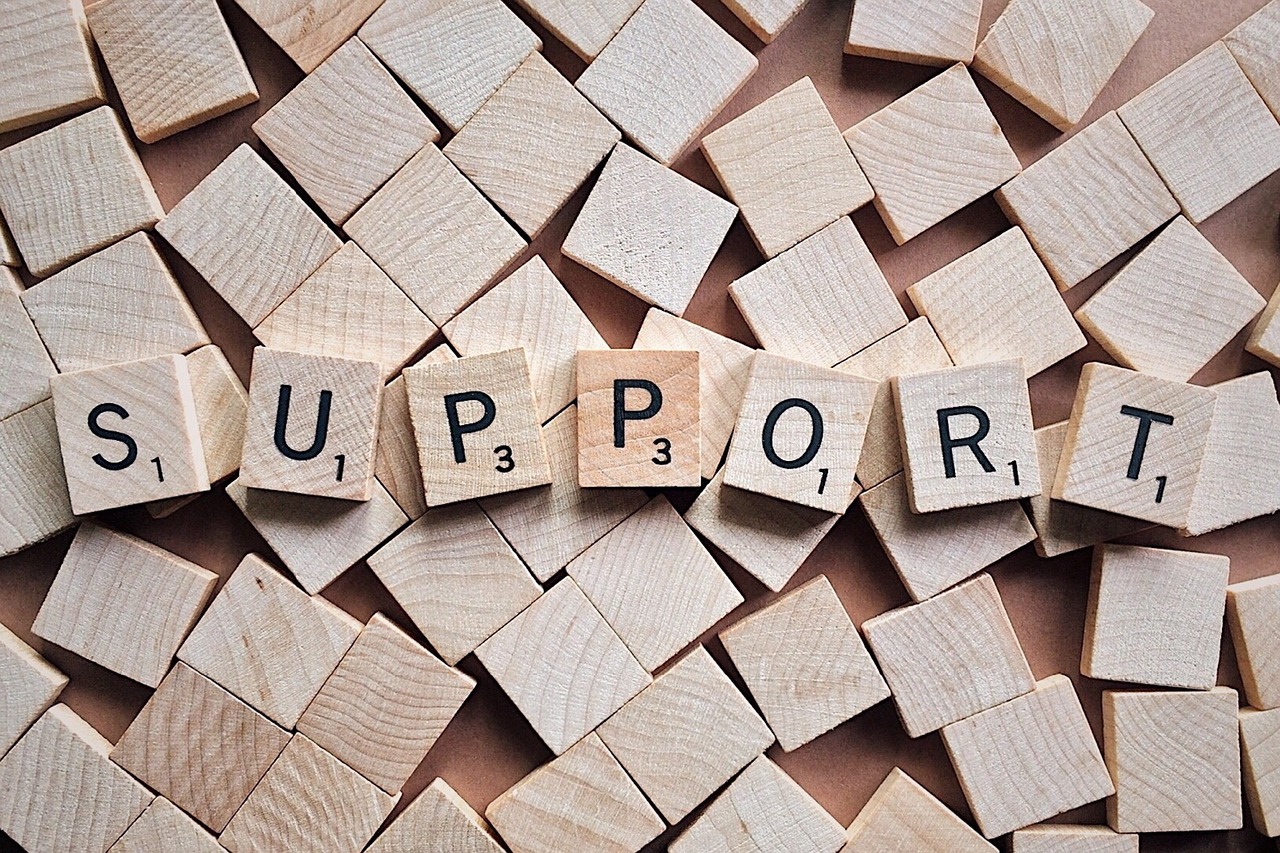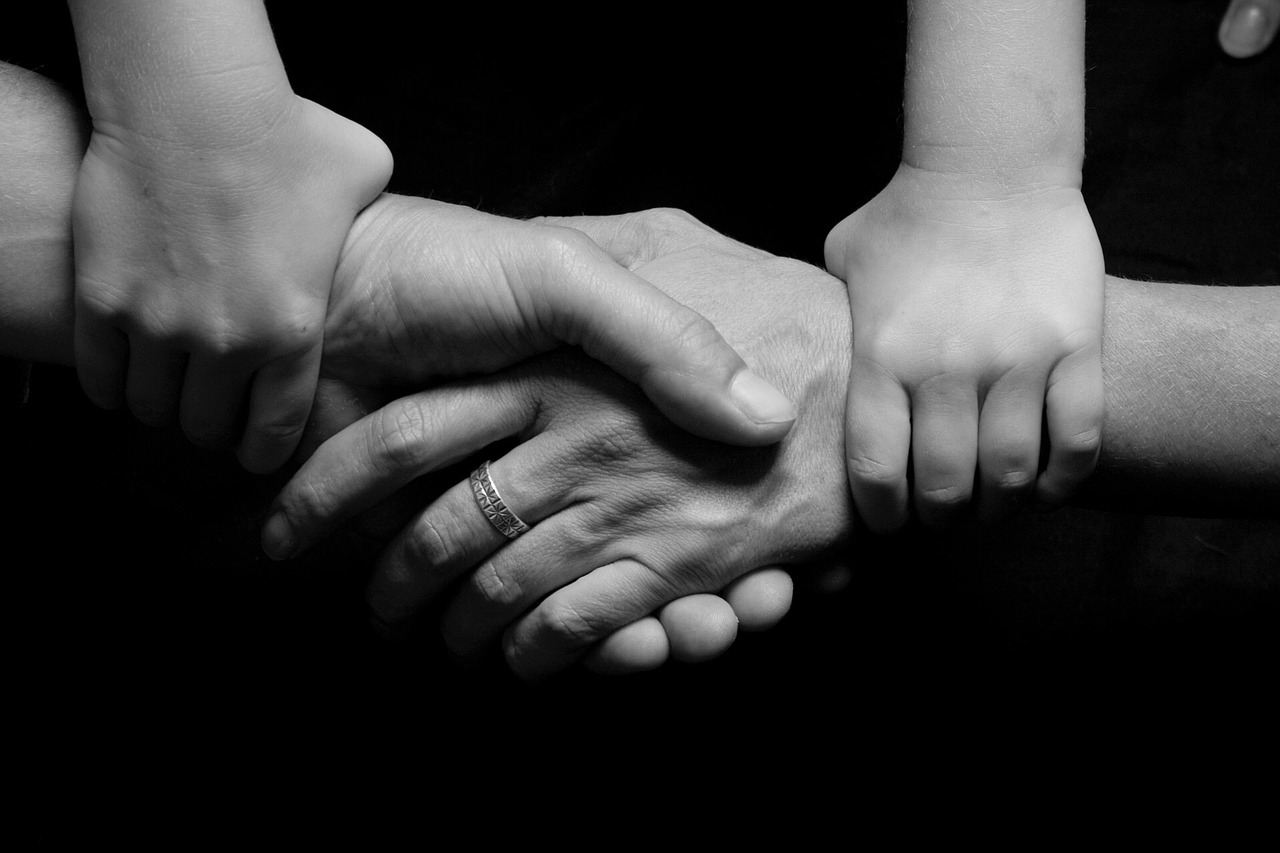If a loved one has suffered trauma, it can sometimes be difficult to know how to help. It’s only natural you want to make them feel better again, but it’s also important you accept what’s happened to them. Whatever you try to do, it’s not going to make their pain any less or make it go away. The only way that’s going to happen is with time, rest, and support from those around them. Start by letting them know you’re sorry about what has happened and that you’re there to help them any way you can.
Offering Support
It’s best to start by asking them what you can do to support them. If there’s nothing in particular they can think of, you might want to spend time with them and let them know you’re available. Don’t feel you have to force them to move on just because you’re uncomfortable with what’s happened. You may see a side of the person you’re not used to. They may be depressed, angry, frightened or irritable, but don’t take these feelings to heart. Offer support in practical ways such as helping with the housework or doing their weekly grocery shopping.

Talking is Important
Being able to talk about their trauma is an integral part of the recovery process, so let them talk about what’s happened and don’t get too upset about what’s being said. Talking isn’t something you can force them to do, however. Give them time to gather their thoughts and be there when they’re ready to talk. It’s essential for the person to know you want to understand as much as possible what has happened because you care. If they don’t want to talk to you, find out what other support is available.
Rest, Relaxation and Distraction
An important part of the recovery will be rest and relaxation. Getting them involved in fun activities is another way you can provide support. Exercise in the form of walking or swimming helps burn off stress, reduce muscle tension and helps get a good night’s sleep. Your loved one may want to spend time alone, but you need to help them strike a healthy balance. Even low-key social events can help reduce stress levels, so encourage them to go out and socialise as much as possible.

Where to Get Help
Various agencies and organisations can help people who have suffered trauma. A good person to talk to is their doctor, especially if they’re feeling particularly depressed and are having trouble sleeping. There are counsellors and psychologists and helpful companies such as The Compensation Experts who can offer advice if legal reparation for the trauma is required.
It helps to find out as much as you can about the particular trauma your loved one has suffered. Learning about distress is also going to help you understand what to expect. The worse thing you can do for your loved one is to stop them talking about what’s happened. You might also remember that not everyone who has experienced a traumatic event needs therapy.

